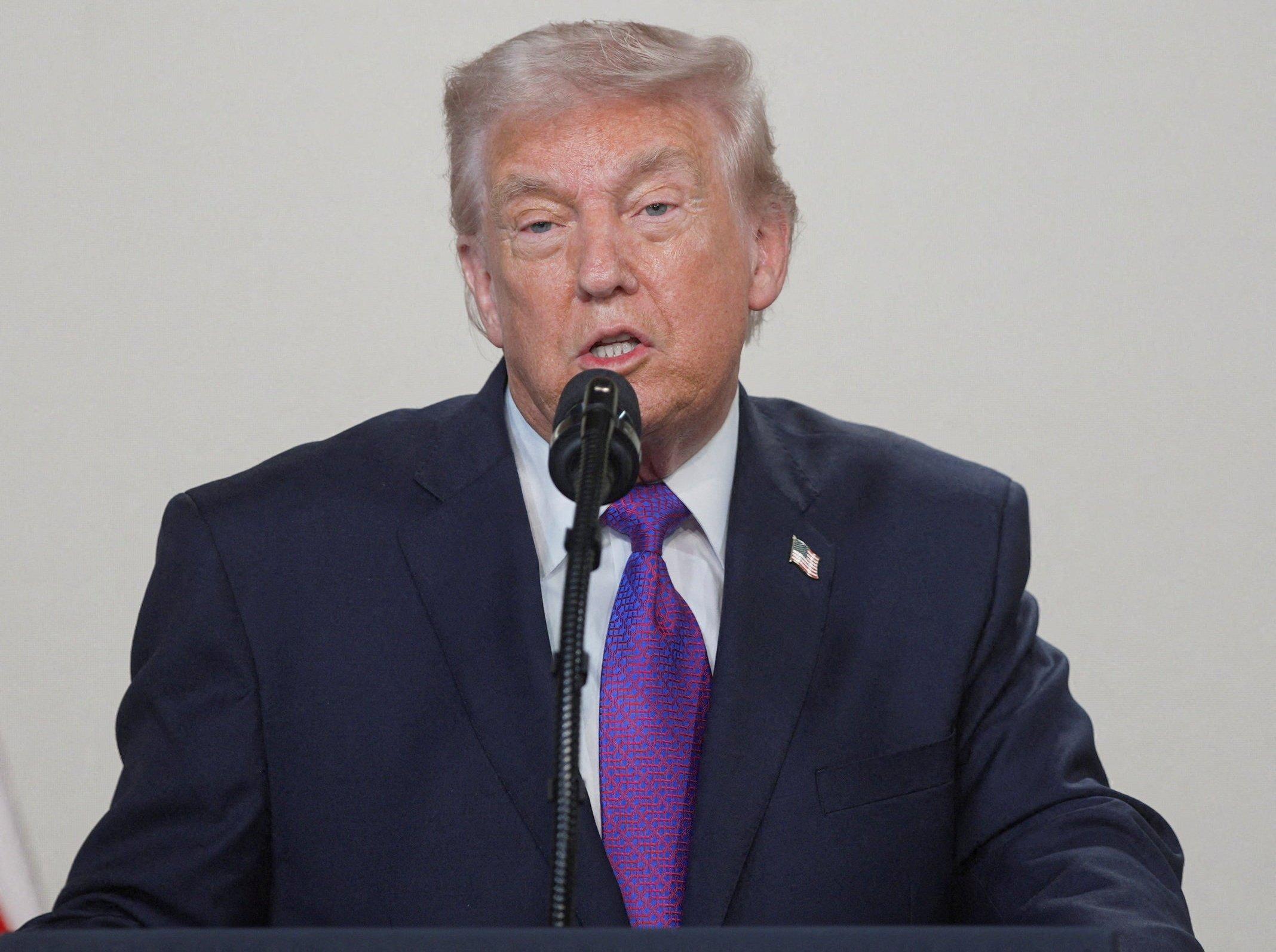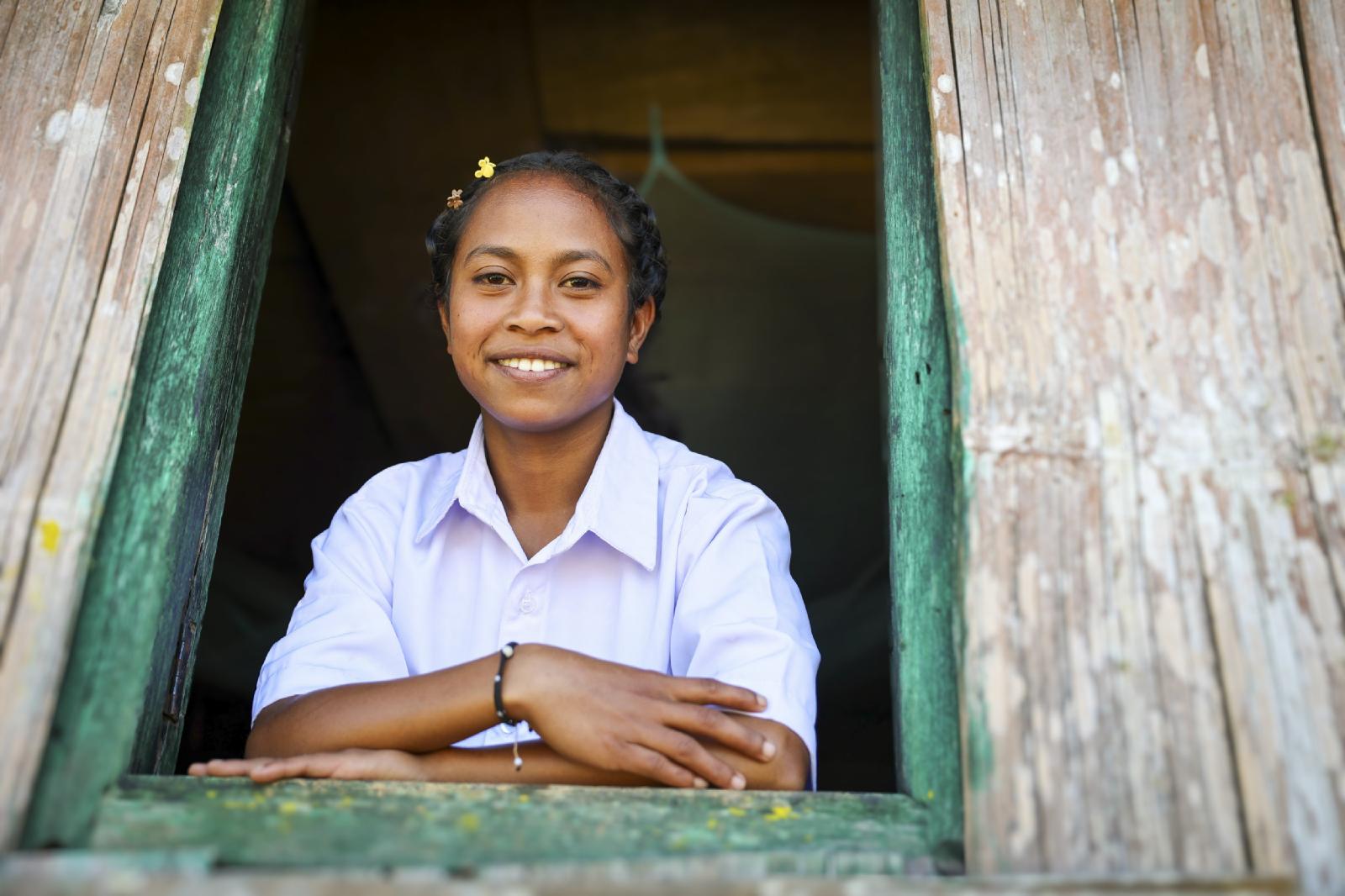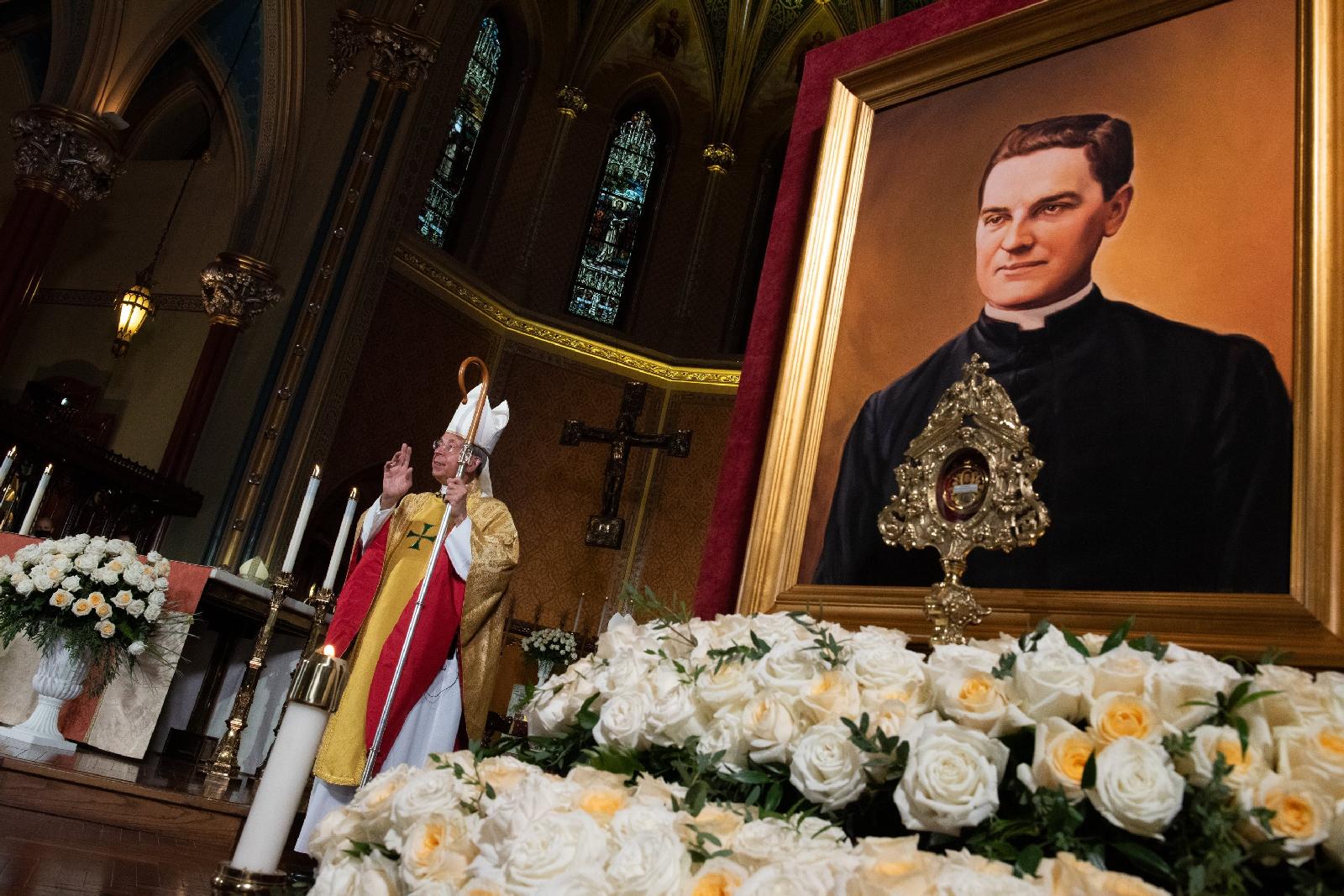Germany seeks to avoid becoming next UN climate host by accident
BELÉM, Brazil — Germany is scrambling to solve a diplomatic dispute between Australia and Turkey for fear it becomes the default host of next year’s UN climate talks.
Turkey and Australia remain deadlocked, with both adamant they want to host the annual conference in 2026.
Intense diplomacy is happening on the margins of this year’s edition, a two-week summit that began Monday in Brazil. If no resolution is found, Germany, as host of the UN climate organization, is obligated to step in under the rules of the treaty.
“We would have to, but we do not want to,” said German State Secretary in the Environment Ministry Jochen Flasbarth on Monday. He said preparing a host site within 12 months of the talks would stretch Germany’s rigid bureaucracy.
“These are not easy things to do. Germany needs more time for a conference. That’s why all the signals we’re sending out are, for heaven’s sake, get Australia and Turkey to agree so that this technical solution doesn’t come into play,” he said.
German representatives have approached British officials in recent days to seek their help to resolve the standoff between Ankara and Canberra, according to one person with direct knowledge of the talks and one person briefed on their nature.
Both were granted anonymity to disclose details of confidential conversations. The relevant German and U.K. departments said no such approach was made.
According to one of the people, Germany has also told the UN climate secretariat it does not want to host the conference. The UN body declined to comment.
The UN secretariat is housed in the former West German capital Bonn, which played host to talks in 1999 and 2017. If the conference defaults there, Germany would host. However, the presidency and running of the talks would technically remain with the current hosts, Brazil.
Flasbarth said Germany could host UN talks with more notice. “We would have no concerns whatsoever about hosting a conference, but it would have to be part of an orderly process and not a stopgap measure.”
The location of the talks rotates through five groups of countries. Turkey, Germany, the U.K. and Australia are all in the same group, which needs to arrive at a decision by consensus. Australia’s bid, which is being made in conjunction with Pacific island nations, has been publicly supported by Germany, France and the U.K.
Britain has found itself embroiled in the standoff because Turkish diplomats insist the U.K. promised to support their bid for the 2026 talks, known as COP31, in return for Turkey dropping its attempts to host the 2021 version, POLITICO earlier reported. The conference was held in Glasgow after Turkey abandoned its bid in return for several diplomatic favors.

Ankara insists Britain has broken its promise by backing the Australians. British diplomats insist the U.K. only ever agreed to consider the bid.
This week, German officials queried whether Britain could make a peace offering to Turkey that might convince them to allow Australia to host COP31 in the South Australian city of Adelaide.
Australian Prime Minister Anthony Albanese wrote to Turkish President Recep Tayyip Erdoğan offering to allow the Turks to host the section of the talks reserved for world leaders’ speeches, said the two people familiar with the discussions, who said Erdoğan had not responded.
Albanese’s office did not respond to a request to comment. The Turkish government similarly did not respond.
The demands from Turkey fit a pattern, said Richie Merzian, a former Australian climate diplomat, now CEO of the Melbourne-based Clean Energy Investor Group. Turkey’s ability to veto decisions in the UN group of wealthy potential host nations has given it the power to bid for talks and gain concessions from rival hosts.
“Their sole interest is their self-interest, which is always just to push for more finance from their end,” Merzian said, also noting that western Asia has hosted two of the past three climate talks in Azerbaijan and the United Arab Emirates. “The last thing the world needs is another COP in that corner of the world that doesn’t actually go anywhere.”
Merzian said he expected the issue to be resolved in the final days of the conference currently underway in Brazil.
Due to the standoff, whichever country hosts the 2026 conference will have limited time to prepare. This potentially hampers efforts to lay diplomatic groundwork for talks required to confront shortfalls in funding and policy that have left the world far off track from addressing climate change.



















:quality(85):upscale()/2023/09/18/918/n/1922398/a1136b676508baddc752f5.20098216_.jpg)
:quality(85):upscale()/2025/10/09/670/n/1922283/00b944c868e7cf4f7b79b3.95741067_.jpg)
:quality(85):upscale()/2025/10/15/765/n/1922398/29c37a6e68efd84bb02f35.49541188_.jpg)
:quality(85):upscale()/2025/09/09/891/n/1922283/7222624268c08ccba1c9a3.01436482_.png)
















